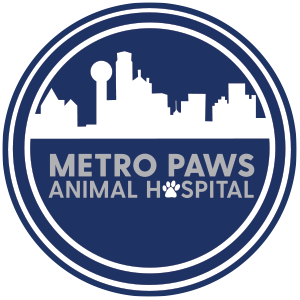|
||||
Abstract Journal of the American Veterinary Medical Association November 1, 2017, Vol. 251, No. 9, Pages 1035-1041 https://doi.org/10.2460/javma.251.9.1035
Evaluation of mortality rate and predictors of outcome in dogs receiving outpatient treatment for parvoviral enteritis Kathryn J. Sarpong DVM; Jennifer M. Lukowski DVM; Cassandra G. Knapp DVM Metro Paws Animal Hospital Oak Cliff, 1021 Fort Worth Ave, Dallas, TX 75208. (Sarpong, Lukowski, Knapp)
OBJECTIVE
To determine mortality rates and prognostic factors for dogs with parvoviral enteritis receiving outpatient treatment.
DESIGN
Retrospective case series and case-control study.
ANIMALS
130 client-owned dogs with a diagnosis of parvoviral enteritis between August 1, 2012, and January 31, 2015, that were treated with outpatient care.
PROCEDURES
Medical records were reviewed and data extracted regarding dog age, body weight, breed, and vaccination history; treatments administered; and short-term (? 3 day) outcome (determined via telephone call with owner). Treatments were administered according to clinician preference. Mortality rates were calculated overall and for various signalment and treatment groupings and compared.
RESULTS
97 (75%) dogs survived and 33 (25%) dogs failed to survive for ? 3 days after initial diagnosis of parvoviral enteritis. Compared with distributions in the general hospital population, Chihuahuas, German Shepherd Dogs, pit bull–type dogs, and males were overrepresented. No significant difference was identified between survivors and nonsurvivors regarding age, body weight, or sex. Dogs prescribed a caloric supplement fed every 2 to 4 hours had a mortality rate of 19% (16/85). Most of these dogs had also received fluids administered SC, an antiemetic, and antimicrobials.
CONCLUSIONS AND CLINICAL RELEVANCE
Clinicians should note the 25% mortality rate of the dogs with parvoviral enteritis that received outpatient care in this study setting when discussing treatment options with owners of affected dogs who are financially unable to pursue hospitalization.

